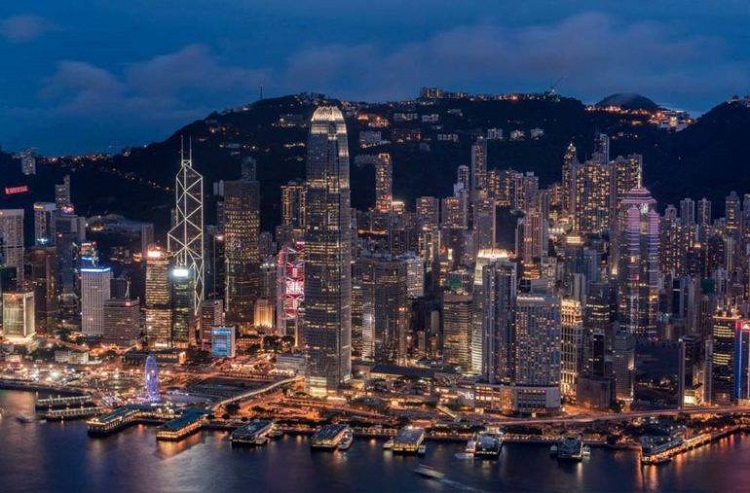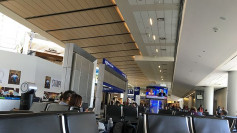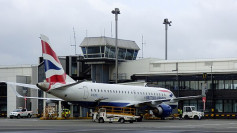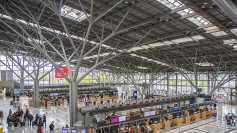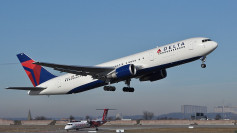The US-China trade continues to worsen, and Hong Kong definitely feels the effect. The volatile currency exchanges, on the other hand, hit the slowest pace in six months as tourist arrival growth slows down.
According to South China Morning Post, the city's Tourism Board announced that the number of visitors in July rose about 5.7 percent compared to a year earlier. This brings the number to around 5.46 million.
The board, however, said that the number of tourists to arrive from short-haul destinations is expected to dwindle down. This is due to the escalating trade war and the continuous fluctuation in various currency exchanges. There is a fall of around 6.2 percent when compared to the same month from last year.
A board spokesman said the strong showing of the US dollar against other currencies would somehow affect tourism to in some ways. Meanwhile, the Hong Kong dollar is pegged to the US dollar.
"If tourists had to spend more money in Hong Kong, then they might delay their trips to the city or even choose not to come," he added.
Lawmaker Yiu Si-wing, who basically represents the tourism sector, said rising hotel prices in the city had also made tourists from Southeast Asia become reluctant in visiting. Most of these tourists are also believed to have no high incomes.
He said local hotel prices had dramatically increased over the past six months or so, and this is due to the influx of mainland tourists. These tourists, though, have the ability to pay more.
But in July, Hong Kong saw its first single-digit growth, which is about 8 percent, in the number of mainland visitors in six months. It was a sharp slowdown from the 17.3 percent growth in June.
The city also recorded its first decline in the number of overnight tourists coming from across the border over the same period of time.
The Guardian reports that the Chinese government revealed tariffs on $16 billion of American goods today. Among the list of products targeted are fuels, medical equipment, paper and paper waste, metal scraps, and wood waste, among others.
Yiu went to suggest that the change could be caused by the yuan's depreciation against the Hong Kong dollar. However, he believes that mainland tourists might also be waiting until the opening of the Guangzhou-Shenzhen-Hong Kong Express Rail Link. The latter refers to the controversial HK$84.4 billion (US$11 billion) project that is set to open on September 23.
